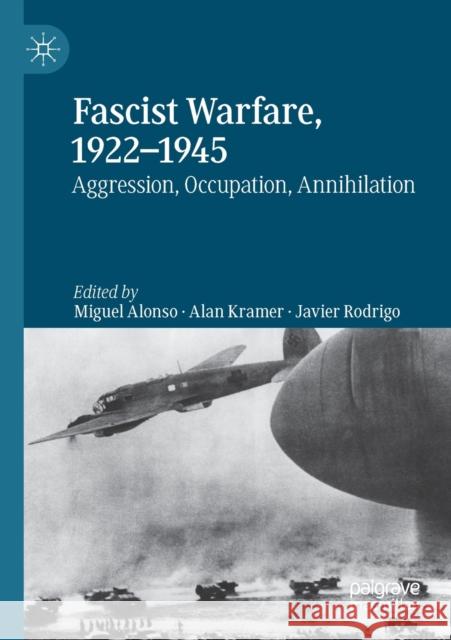Fascist Warfare, 1922-1945: Aggression, Occupation, Annihilation » książka
topmenu
Fascist Warfare, 1922-1945: Aggression, Occupation, Annihilation
ISBN-13: 9783030276508 / Angielski / Miękka / 2020 / 336 str.
Fascist Warfare, 1922-1945: Aggression, Occupation, Annihilation
ISBN-13: 9783030276508 / Angielski / Miękka / 2020 / 336 str.
cena 523,30
(netto: 498,38 VAT: 5%)
Najniższa cena z 30 dni: 501,19
(netto: 498,38 VAT: 5%)
Najniższa cena z 30 dni: 501,19
Termin realizacji zamówienia:
ok. 16-18 dni roboczych.
ok. 16-18 dni roboczych.
Darmowa dostawa!
Kategorie BISAC:
Wydawca:
Palgrave MacMillan
Język:
Angielski
ISBN-13:
9783030276508
Rok wydania:
2020
Wydanie:
2019
Ilość stron:
336
Waga:
0.45 kg
Wymiary:
21.01 x 14.81 x 1.96
Oprawa:
Miękka
Wolumenów:
01
Dodatkowe informacje:
Wydanie ilustrowane











